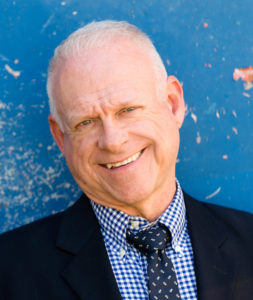I had an excellent rehearsal on Monday night, with the Mozart ensemble from Westchester Symphonic Winds. I think it’s worth considering why it was so good.
- The players came eager to play and well prepared. The eight members of this group are obviously enjoying this timeless music, the Serenade in C minor. There is a great personal rapport among them, and a great deal of personal and musical respect as well. The pride in their efforts extends to their personal preparation since the last rehearsal two weeks ago.
- We are fortunate to have a beautiful and acoustically sound venue in which to rehearse and perform. If you’ve never been to Tarrytown Music Hall, you really need to go to www.tarrytownmusichall.org, pick a concert, and go. This beautiful hall will celebrate it’s 125th anniversary next year, with good reason. The acoustics are marvelous. The hall was saved from the wrecker’s ball in 1980 and is lovingly cared for by Karina Ringeisen and Björn Olsson, and the Friends of the Mozartina Conservatory. So I think the players are rightly excited to play there.
- The rehearsal was a collaborative affair. Yes, as conductor, I have my critical opinions about the direction we are taking with the work, but I also let the players contribute. I added several crescendi where there were none in the parts, and after asking the players to add them, and playing the section, I asked, “What do you think of that? I want you to agree with me, or it’s not worth doing.” I remember a lot of rehearsals growing up in the 70’s and 80’s with “tyrant” conductors, and the thing that the experiences taught me was that the methodology only works to a point. If the players don’t believe in the musical ideas, they won’t work in performance.
- At one point in rehearsal, my principal bassoonist asked about the tempo of the Trio in the Minuet movement: “Don’t you think it’s dragging?” She was right – although I’d made the decision that I wanted the Trio to be slightly slower and more relaxed than the Minuet, I had not communicated that well. Whether non-verbally or spoken, I had not defined this section as having that slightly relaxed tempo, and the section suffered for it. I was happy that she brought this up, pleased that redoing the section yielded the results I wanted, but most of all, I felt relieved to admit my omission. Although I try to prepare my scores to the best of my ability, I had missed the detail of showing this finesse of tempo, and I was grateful that it was not lost on my players.
- I had goals for the rehearsal, and I accomplished almost all of them. No rehearsal is perfect, but a rehearsal without goals is bound to be a waste of time. The players were motivated at the end of rehearsal, and several have emailed me in the time since to ask about sectionals before the next rehearsal, to make it even better. Their enthusiasm makes me more excited, and that in turn sends the energy back to the group. We’re all a part of this “chain of inspiration,” and I think this is critical to making all ensembles work at capacity.
I am so happy to be working with the WSW, and at this point in my life it’s a critical link between my past and my future. More on that later.
In the meantime – Have a great rehearsal!



1 comments
That's great. I'm researching what makes a good music rehearsal and this was very interesting.